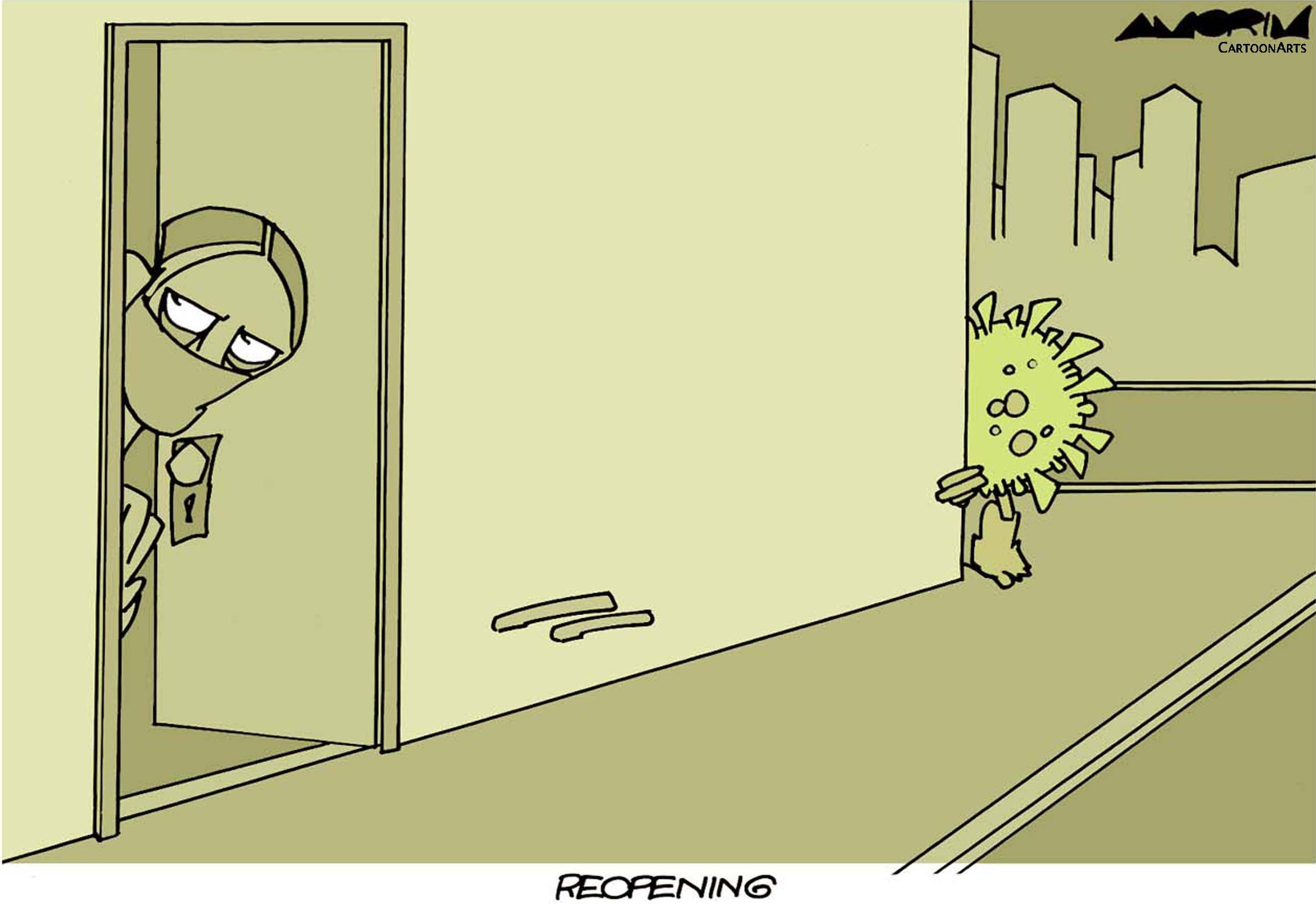The economic impact from the new coronavirus pandemic can be thought of in two different ways — with drastically different implications for the next several months. The first, articulated by a friend and former colleague, suggests it’s like Cape Cod during the winter: The economy goes into a deep freeze, but then reopens the next summer. This view suggests there will be little lasting damage, and it’s possible to return to the way things were with minimal long-term adjustment.
The second perspective is that the pandemic is more like Cape Cod during a summer with a sudden series of shark attacks. As during the winter, economic activity plummets. But this stoppage was unexpected. And unlike during winter at the beach, it’s not clear when it will be safe to return. There may be false starts in which it appears the water is shark-free but the risk returns. Under this view, the economy probably suffers longer-lasting damage because of the direct and indirect effects of the lingering uncertainty and fear.
Very roughly speaking, the Trump administration and the stock market prior to Thursday have seemed to embrace the Cape Cod-in-winter story. The May jobs report bolstered this view, as did the retail sales figures for the month. On the other hand, Federal Reserve Chairman Jerome Powell and the stock market on Thursday seemed to lean more toward the shark-attack narrative.

















With your current subscription plan you can comment on stories. However, before writing your first comment, please create a display name in the Profile section of your subscriber account page.